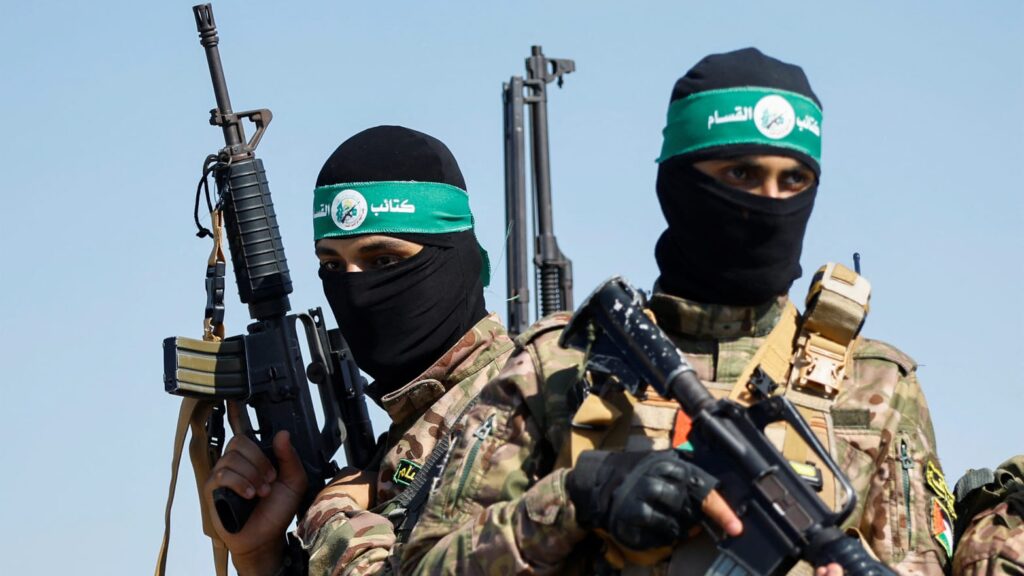
Hamas has issued a stark warning that Israel’s expanding military operations in Gaza City and the resulting displacement of thousands of residents could have “disastrous repercussions” for ongoing cease-fire negotiations and efforts to release Israeli hostages. This development adds a new layer of complexity to the already fragile peace talks, now in their ninth month since the outbreak of war in Gaza.
Ismail Haniyeh, Hamas’ top political leader, cautioned mediators about the potential “collapse” of negotiations, placing the “full responsibility” on Israeli Prime Minister Benjamin Netanyahu and the Israeli army. This statement comes at a critical juncture, just days after both sides appeared to be narrowing gaps in the long-running talks aimed at pausing the fighting.

The current round of cease-fire negotiations in the Gaza Strip was expected to resume this week. However, Hamas’ warning casts a shadow over these prospects. The militant group is demanding an agreement that ensures Israeli troops fully withdraw from Gaza and that the war comes to a definitive end. In contrast, Israel maintains that it cannot halt military operations before Hamas is eliminated, highlighting the significant ideological divide between the two parties.
Key contentious issues in the negotiations include postwar governance and security control of the Gaza enclave. These points of disagreement underscore the complexity of reaching a lasting peace agreement in the region.
The ongoing conflict, which began with Hamas’ October 7 attack on southern Israel, has resulted in devastating consequences. Israeli ground offensives and bombardments have led to over 38,000 deaths in Gaza, according to the territory’s Health Ministry. The war has caused massive destruction across the besieged territory, displacing most of its 2.3 million inhabitants, often multiple times.

Humanitarian conditions in Gaza have deteriorated significantly, with Israeli restrictions, ongoing fighting, and the breakdown of law and order severely hampering aid efforts. This has led to widespread hunger and fears of famine among the population. The situation has drawn international attention, with the top U.N. court ordering Israel to take steps to protect Palestinians as it examines genocide allegations against Israeli leaders – charges Israel strongly denies.
As the conflict approaches its tenth month, the international community watches closely, hoping for a breakthrough in negotiations that could bring an end to the violence and suffering. However, Hamas’ latest warning suggests that the path to peace remains fraught with challenges, with both sides still far apart on key issues.
The coming days will be crucial in determining whether the cease-fire talks can overcome this latest obstacle or if the conflict will continue to escalate, further complicating efforts to achieve a lasting peace in the region.
AP


